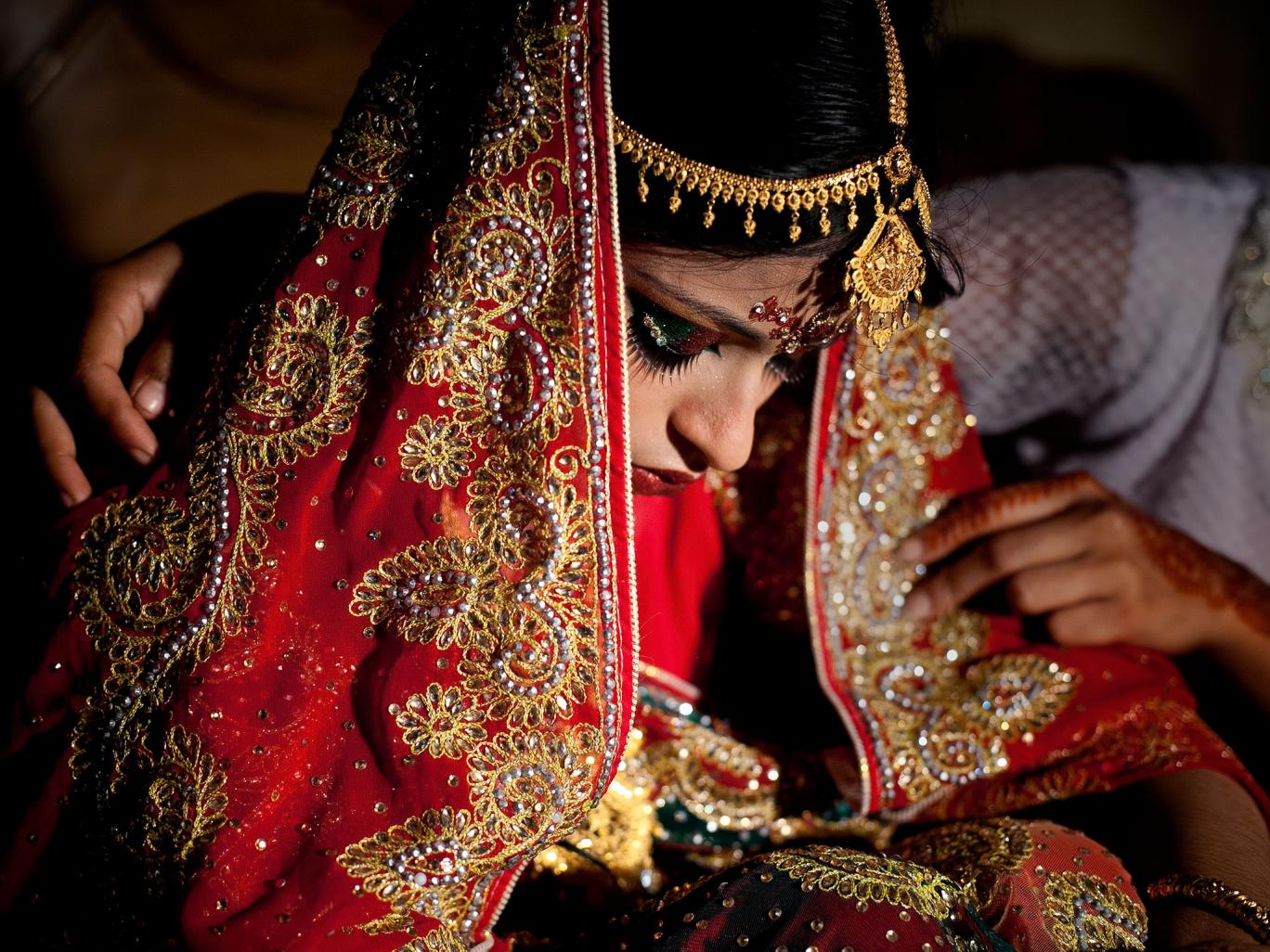Bangladeshi teen halting child marriage, one door at a time
Dipko have been going door-to-door to convince families to find alternatives to child marriage in a small village outside Sylhet, Bangladesh. He lost count of the number of doors he’s knocked on, because it was so many. Each door and each conversation is part of his mission to help girls and women in his community.
The 17-year old Dipko first began his work as an activist when a social worker told him about a local adolescent club that focuses on literacy, health education, and the risks of early marriage. The club — one of around 6,000 in Bangladesh funded by Unicef — empowers children to become activists for their own rights.
The teen activist felt like he had to do something, and explained reporters that we all have rights and how it’s bad for girls if they don’t go to school and have babies instead, which could really put their health in jeopardy.
So far, he’s convinced 13 families to keep their daughters in school and out of early, non-consensual marriages.
“Lots of parents tell me to mind my own business, that it is their child and their choice,” Dipko said.
In Bangladesh, child marriage has technically been illegal since 1929. The practice is punishable by a $13 fine and a month-long jail sentence.
And yet, 52% of girls in Bangladesh are married before the age of 18, one of the highest rates in the world according to UNICEF (2016).
According to Unicef, “the practice of dowry – requiring a bride’s family to pay significant sums to the groom – encourages the marriage of the youngest adolescent girls because younger brides typically require smaller dowries.”
For every 10 girls in Bangladesh, six are married by the age of 18, according to Unicef. In the developing world, that number is one of every 10.
Last month, the Parliament of Bangladesh passed the Child Marriage Restraint Act 2016, which permits girls under 18 to marry under “special circumstances,” with permission from their parents and the court. The law does not specify a minimum age.
For a country that publicly committed to ending child marriage by 2041, the law is a devastating step backwards.
Source: Global Citizen


